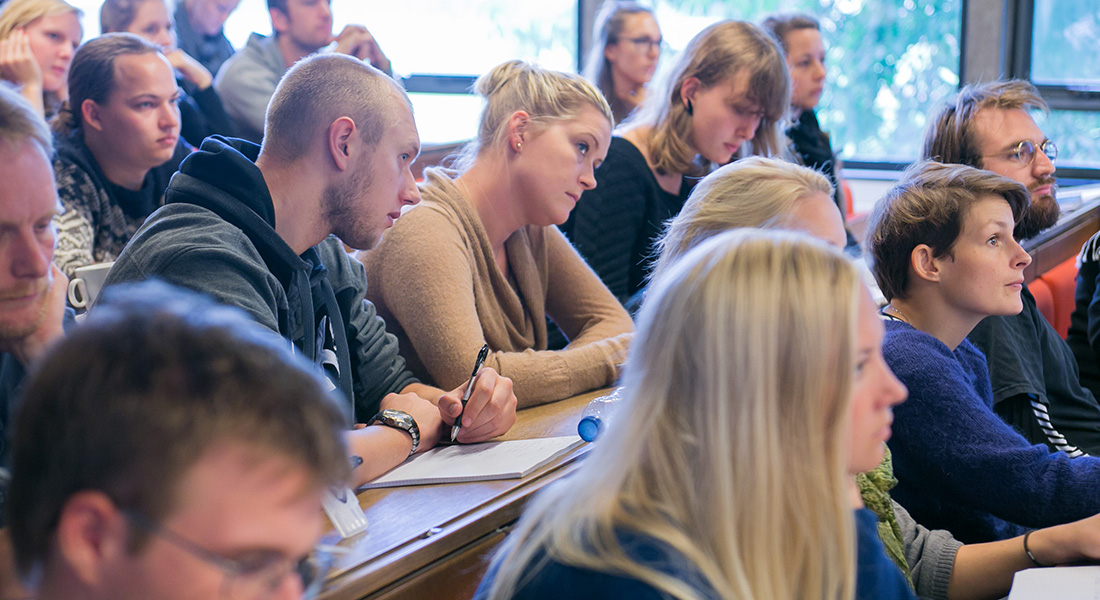Focus on diversity in research environments
For many years, research environments in the fields of technical and natural sciences have been facing the challenge of attracting and retaining female researchers. A new national project aims to strengthen diversity in research environments.

The Department of Mathematical Sciences, represented by its diversity committee and complemented with selected junior members, has been selected to be one of 13 so called Living Labs.
13 university environments, specializing in Science, Technology, Engineering and Mathematics (STEM) subjects, have come together in collaboration with VILLUM FONDEN, the Novo Nordisk Foundation, and the strategic innovation agency IS IT A BIRD. Our collective objective is to implement a targeted initiative aimed at enhancing diversity.
Our department, together with five other Living Labs, has been invited to be part of a process that aims at the identification of concrete working areas, and the experimentation with approaches to improve gender diversity and inclusion. The focus will be primarily on diversity at early-career stages, going from bachelor to postdoc level.
A special attention will be paid to initiatives addressing gender imbalance at the research centre QMATH (Centre for the Mathematics of Quantum Theory).
- We are very excited about this initiative and see the Living Lab as a fantastic opportunity to materialize old and new ideas, while getting sparring from the other Living Labs, and expert guidance from the agency IS IT A BIRD, says Elisenda Feliu from MATH Diversity Committee.
Need for change
The goal of "Living Labs" is to investigate various strategies for providing Danish STEM environments with well-defined ideas and recommendations to enhance diversity and inclusion. The ideas might include initiatives aimed at reshaping maternity and family support systems, emphasizing the recruitment and retention of female staff, or addressing broader cultural shifts within research settings.
The effort is a follow-up to an anthropological study conducted by IS IT A BIRD, which has investigated barriers and potentials for attracting and retaining female STEM talent in academia.
Through ethnographic methods such as participant observation, semi-structured interviews, and focus groups, the study has approached both male and female research talents at different stages of their careers and across STEM departments and faculties.
The approach has created a nuanced understanding of the individual researcher's everyday life and identified patterns across the personal stories. The study also points to concrete opportunities where universities can take action to increase diversity and promote better research and education.
